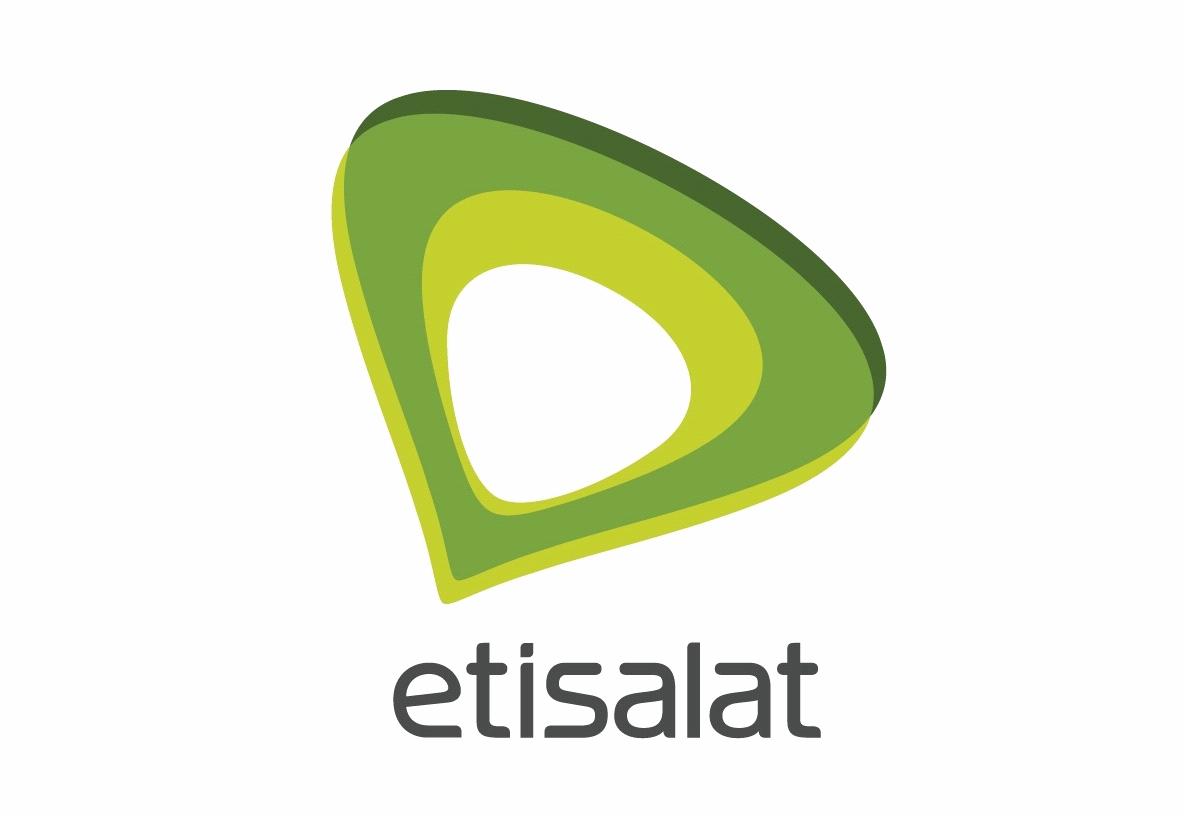Mubudala, Abu Dhabi’s sovereign wealth fund, is keen on negotiating an exit from Nigerian telecommunications operator EMTS, in which it holds a 30-percent stake, according to TMTFinance.
This move by the fund may be linked to recent reports that investor confidence in the country’s highly competitive telecoms market is dipping due to perceived structural defects in the market and a harsh operating environment. Industry watchers say this does not bode well for long-term growth and sustainability of the telecoms industry.
Mubadala could be seeking new pastures, cashing in on a telecoms industry increasingly facing higher operating costs, dwindling revenue per user and investor pullback, according to industry watchers.
Informed sources say Mubadala has already started holding discussions regarding a sale of its asset, although they cautioned that talks were still in infancy and extremely complex. According to an informed source, the most probable scenario expected to play out would be Mubadala selling its stake to Etisalat, which holds a 40-percent stake in EMTS.
The remaining EMTS shareholder, which holds a 30-percent stake, is Myacynth, a consortium of Nigerian investors. Informed sources say the fundamental drawback to the conclusion of the deal would be valuation expectations, with Mubadala’s valuation of the asset said to be considerably high. In order to pave the way for a deal, EMTS will first need to conclude the sale of its telecom towers in Nigeria, with the process currently underway.
Bidding offers are expected by mid-June, with Standard Bank advising. Estimations are that Etisalat has about 2,500 Base Transceiver Station (BTS) sites across the country. Attempts to reach senior executives at Etisalat Nigeria and Myacynth for comments proved abortive.
EMTS launched commercially as Nigeria’s fifth telecoms operator in 2008, after Mubadala was granted a 15-year renewable Universal Access Service Licence (UASL) for $400 million before selecting Etisalat Group as partner for the venture. It is currently the fourth-largest mobile operator in the country in terms of subscriber numbers, with around 19 million subscribers, according to 2014 figures from the Nigerian Communications Commission (NCC).
MTN, however, remains the market leader, followed by Bharti Airtel, and national carrier, Glo Mobile. Analysts expect an upswing of major transactions in 2014-2015 as major international mobile operators reposition portfolios, and new investors, increasingly backed by private equity, target opportunities across the continent. A number of investment opportunities are in play. India’s Bharti Airtel, South Africa’s MTN, and the UAE’s Etisalat are all negotiating mobile tower deals.
Edwin Grummitt, partner and head of MEA, Analysys Mason, states in a note accessed by BusinessDay on Monday, that a combination of long-heralded trends and new local opportunities are driving deals.
“The continuing march of network sharing deals, coupled with consolidation in over-crowded markets, and the acquisition of systems integrators to support operators’ convergence strategies, are all a logical and direct consequence of declining growth rates in their legacy core telecoms business,” he said, adding that investment capital was chasing fresh opportunities in other adjacent markets.
Nigeria’s telecoms industry is currently struggling with high operating costs, lower average revenue returns and investor restlessness due to the difficult operating environment, industry watchers say.
“Nigeria is a very tough environment to do business. Power is a big challenge. The use of generating sets makes your business outlook more expensive. There are generic challenges. But some of the challenges that we face as a telecoms company include Right of Way (Row) issues, government regulations, multiple taxation, insecurity, among others,” said Ejovi Aror, group managing director, ipNX Nigeria Limited, in an interview with BuisnessDay.
FSDH Nigeria’s Economic Outlook 2013-2017 states that the sector’s growth is expected to decline from 34.58 percent in 2011 to 16.53 percent in 2017. Immediate impact of declining growth, according to the outlook, will include difficulties in sourcing capital, as huge capital outlay is required to position the industry for the next phase of evolution; and lower investments, particularly in new areas such as broadband deployment.







